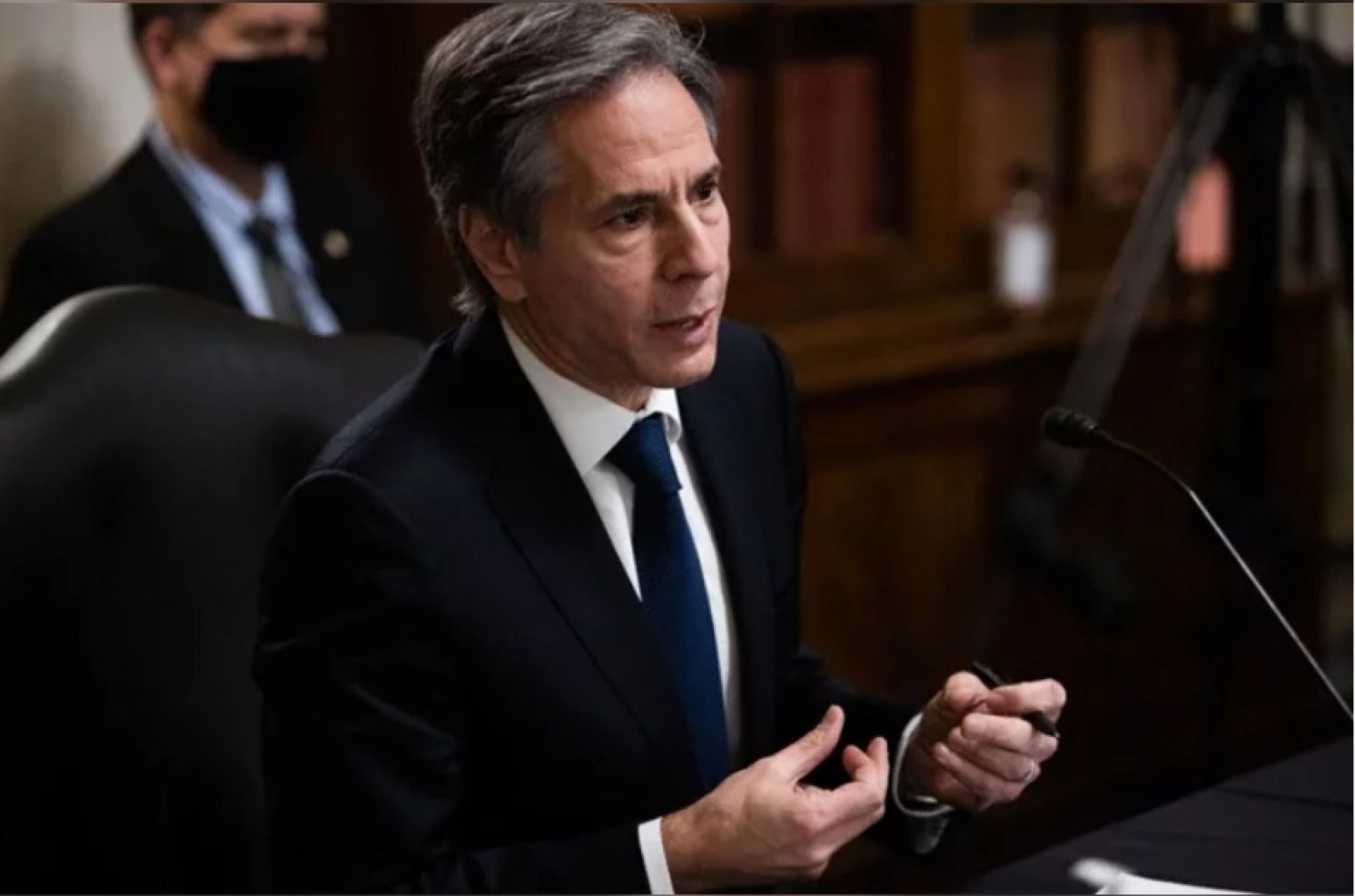
This Week in Taiwan 0117-0124
January 18: Eight individuals who stormed the Executive Yuan in 2014, including Wei Yang, the son of Chairwoman Yang Cui of the Transitional Justice Commission, were sentenced to two to four months, respectively, for incitement in the previous appellate trial. The Supreme Court held that they were innocent, acknowledging a "civil disobedience" defense, revoking the previous decision and remanding the case back to the Taiwan High Court. Compared to the dismissal of the storming of the Capitol as "insurrection" in the United States, Taiwan's judicial decision is rather shocking.
January 18: While Shih Mu-chin, former chairman of the Public Functionary Disciplinary Sanction Commission, served as the chief presiding judge in the Supreme Court and Taiwan High Court, he was entertained by businessman Weng Mao-chung and was transferred by the Judicial Yuan to the Control Yuan for impeachment. The Judicial Yuan and Ministry of Justice released their investigation report which indicated that Weng had 27 notebooks recording banquets and gifts received from officials. It was revealed that as many as 20 judges and 20 prosecutorial personnel had improper exchanges with Weng. This scandal involves high-level judicial, prosecutorial, investigation, and police officials and is viewed as a major earthquake in Taiwan's criminal justice system.
January 19: The Legislative Yuan passed the special budget for the third period of the Forward-looking Infrastructure Development Program, of which the National Communications Commission will set aside NT$15.5 billion (about US$553 million) for the five major telecommunications operators to build network stations. Opposition party legislators rejected this proposal and asked for its deletion, but the ruling Democratic Progressive Party (caucus) forced a vote with its majority. Not a penny was cut from the NCC's subsidy of telecommunications operators.
January 20: With the epidemic in Taiwan escalating, the Executive Yuan announced on January 19 that the Taiwan Lantern Festival originally scheduled from February 26 to March 7 to be held in Hsinchu would be canceled. This is the first cancellation in 32 consecutive years since the festival's inception in 1990.
New Taipei, Taoyuan, Kaohsiung, and Taichung canceled their lantern festivals, and Tainan canceled its beehive fireworks festival. Taipei Mayor Ko Wen-je announced that the Lunar New Year Market on Dihua Street originally scheduled on January 28 would be canceled, and the Taipei Lantern Festival scheduled to launch February 26 would be postponed.
January 21: On behalf of the government and people of Taiwan, President Tsai Ing-wen expressed her congratulations to the inauguration of President Joe Biden and Vice President Kamala Harris in the United States. Representative Bi-khim Hsiao attended the inaugural ceremonies on behalf of the government. Hsiao stated her hopes to deepen the cooperation and partnership between Taiwan and the United States based upon already existing robust foundations.
Antony Blinken, who is expected to be confirmed as Secretary of State, stressed during a Congressional hearing that under the Biden administration, the United States government will continue to maintain his commitments to Taiwan and ensure Taiwan's capabilities. According to Blinken, were China to use military force against Taiwan, it would be a serious mistake.
January 24: The coronavirus epidemic at the Taoyuan General Hospital continues to expand. A total of 15 confirmed cases include four families of medical personnel, patients, and family members. One of the patients is a senior citizen in his 90s (case 881) and is the oldest coronavirus patient in Taiwan. The number of individuals quarantined due to this case has risen to some 5,000, and is the largest quarantine to date in Taiwan since the outbreak of the pandemic.